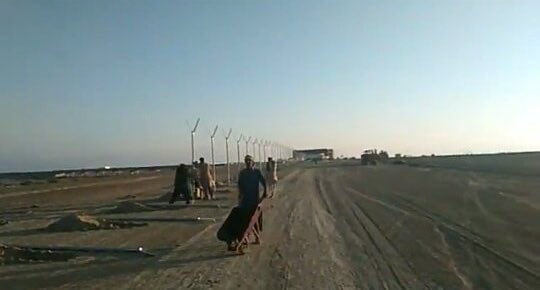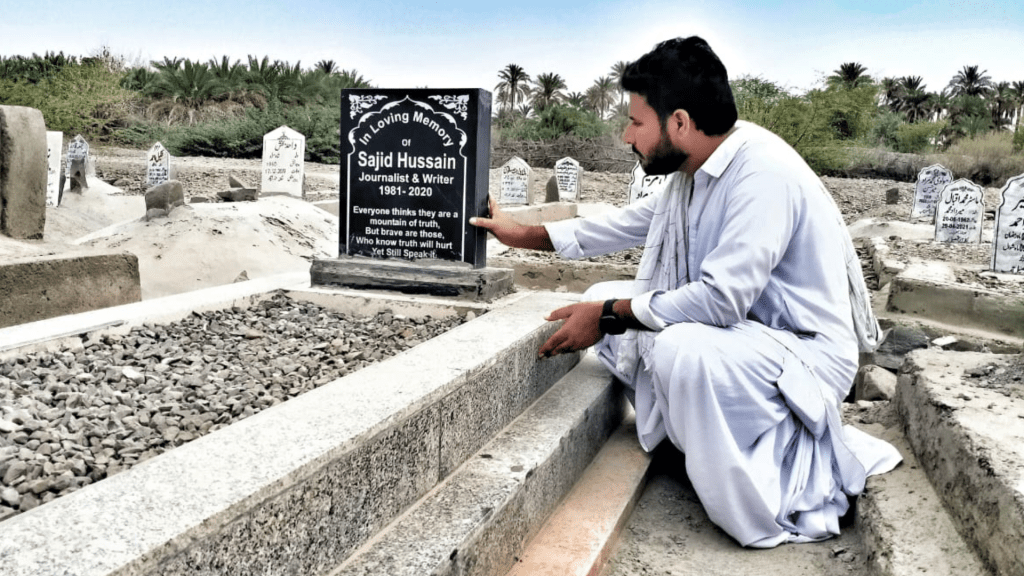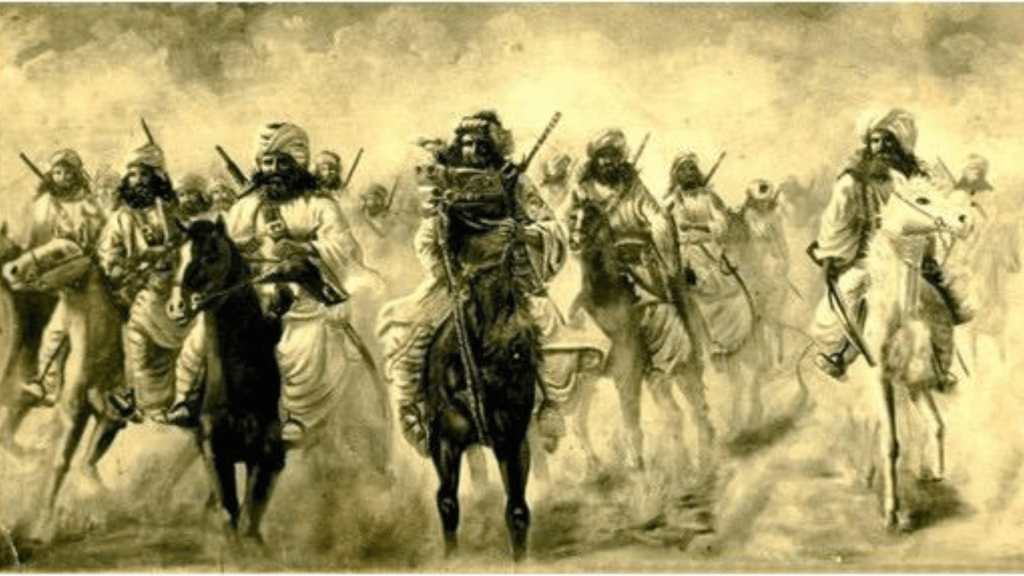The decision to fence Gwadar has given validity to the concerns of Baloch people that Pakistan’s rulers have always seen Balochistan as a region of opportunities, but unfortunately not for the real inhabitants of the land. It has been clear for long the Gwadar development projects were not meant for the locals, yet the news came as a shock for the reasons that many hoped after two decades of bloodshed in Balochistan, the Establishment had learnt some lessons that alienating an entire population was not a wise policy. However, if anything, it has evidently adapted an even more colonial approach in the province.
This fencing did not happen out of the blue, since people from the neighbouring Kech district and other areas have for years been asked to provide a valid reason to enter Gwadar by the mostly non-local soldiers at the numerous army checkposts. It’s just that previously the message from the rulers that the rest of Balochistan is not welcome in Gwadar was subtle and now they have made it loud and clear.
This desire to isolate Gwadar has been born out of the notion that it is the crown jewel of the China-Pakistan Economic Corridor, a grand plan of energy projects, special economic zones and road networks from the sea to the Chinese region of Xinjiang. Since the turn of the century, different Pakistani governments have tried to sell it as the city that will lead to the transformation of the country’s economy. Before that, it was an unremarkable town, though famous for its fish, trademark sweets and natural beauty. It’s transforming these days with a deep sea port, wide roads and many other projects, but the army keeps finding new ways to make the locals feel unwelcome.
The irony is Gwadaris are being told that the fencing is for their own good and once it’s completed, they will be rid of the army checkposts inside the secure town. The government has even named it the Safe City Project. It’s basically nothing more than a wish on the part of the army to turn Gwadar into a sanctuary for investors and the super-rich from outside the province and the country, especially China.
The immediate fallout of this isolation will be to keep the residents of the rest of Balochistan out of Gwadar. But, make no mistake, inhabitants of the town will eventually be kicked out too. They have already lost most of their lands to the wealthy from other provinces of Pakistan. Most of them work as daily wagers and live in extreme poverty. Local fishermen have complained of mistreatment at the hands of the coastguards and the navy. In such a scenario, they will either be gradually pushed out with force or allowed to continue living there to just work as labourers and not as the rightful owners of the land. Their ancestral home is likely to become a ghetto for them.
This shows that all the rhetoric from federal governments about righting historical wrongs was just that: rhetoric. Military dictator General Parvez Musharraf famously apologised to the people of Balochistan and tried to portray himself as a messiah for them. Prime Minister Imran Khan in a recent visit to Turbat promised most of the province’s resources would be used for its uplift. Asif Ali Zardari and Nawaz Sharif did the same. But none would follow up on their pledges with action.
The fencing has also shown a failure on the part of Balochistan’s nationalist parties that believe participating in parliamentary politics can help safeguard Baloch interests. Groups such as Akhtar Mengal’s Balochistan National Party (BNP) and Dr Abdul Malik’s National Party (NP) talk a great deal about the exploitation of the province’s mineral and marine resources but rarely take concrete action. It’s telling that in the week work on the fencing began, BNP members of assembly announced on social media they would resign from their seats, but not particularly over Gwadar or the many issues concerning Balochistan. Instead, they would resign to respect a decision from the Pakistan Democratic Movement that seeks to overthrow the current regime. It should be kept in mind that Pakistan’s assemblies are controlled by its intelligence agencies and it’s pretty hard to introduce new laws without their consent and this excuse has been generously used by the NP and BNP.
Their biggest failure, however, is being unable to sufficiently mobilise their support bases for protest. Baloch people have been fed up of not having a say in their province’s affairs, and have shown — as witnessed after the Bramsh and Hayat Baloch incidents — that they are willing to come out in huge numbers when required. They just need committed leaders to give a direction to their anger and they need them urgently, given Balochistan is losing one of its most prized possessions before our eyes.



